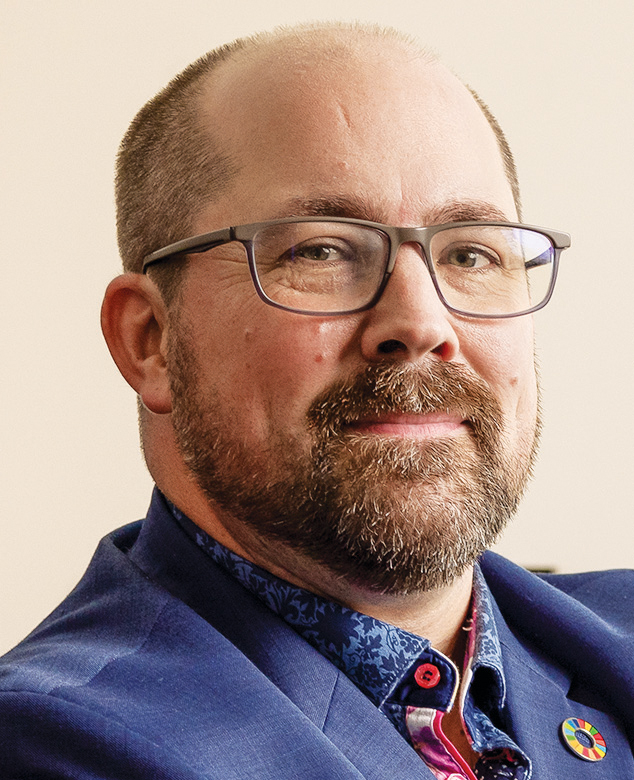Culture of hope
 |
| Dr Joshua Greggain |
“Culture” is a word that defines all the little things that make us who we are: our origins, our ancestors, the places we call home, where we have come from, where we are now, and where we may long to go. The multiplicity of our culture is a delicate balance of our greatest attributes and our deepest flaws. It is a culmination of our superpowers and of our respective kryptonite.
The culture of our profession can be one of helping, healing, compassion, and understanding. And yet it can also be one of competition, suffering, and exasperation with the pressures we put on ourselves and those we feel are put upon us.
As we enter into 2023, we need to look at where we have been and where we are going. We need to look introspectively at the culture of medicine. But we need to first look inward, so that we can authentically look outward. And we need to look upon ourselves with compassion and kindness, while letting go of the competition and the guilt. Let us examine if “the way” we are or “the way” it is creates the right culture. Are we serving ourselves, our colleagues, and our patients well? Are we sharing in the culture necessary to lift each other up? Are we demonstrating to our patients that while we may have bent, we are not broken, and we are looking to the future with a sense of optimism and resolve? Are we exhibiting a culture of hope?
Unequivocally, there have been challenging times and unpalatable circumstances over the last few years. And yet, as Martin Luther said, “Everything that is done in this world is done by hope.”
Many of us have witnessed a dying patient or someone who cannot resolve their own inner turmoil. They become destitute because they cannot see a path forward. They suffer needlessly because they cannot find something to look forward to beyond their immediate future. They have lost hope.
But we have not lost hope. Rather, I feel we have found a renewed sense of hope.
There is a renewal about us, our profession, and our association. We battled through the despair of the last few years and we rallied. We are leading with courage and defining what we want our health care system to look like moving forward. We are redefining what it looks like to not lose hope. This year is full of fresh starts: a renewed perspective within our association, a new Physician Master Agreement, and a new family practice payment model. Our advocacy work will continue in earnest on behalf of specialists and their concerns about emergency rooms, diagnostics, surgical wait times, community-based offices, and oncologic care. And 2023 has introduced us to a new CEO of the association, not to mention that we now have a new premier leading the province.
For all these reasons and more, I am very hopeful. I also come from a place called Hope. I have spent the majority of my medical career in this community and intend on carrying its ethos and culture forward. I believe in every one of you, as my colleagues and friends. I believe that no matter where we have been individually and collectively, we have it within us to carry and share in a sense of hope. We want it. We need it.
I am privileged to serve as your president for 2023. Over the coming year, I will write extensively about culture. I will write prospectively and optimistically about our collective future. I will speak in open forums and meet with you in quiet places. I will explore a multiplicity of our culture and reflect hopefully on who we are as a profession and as an association, and who we want to be. Above all else, though, I commit to you that these reflections and prognostications will be grounded in a culture of hope.
With gratitude.
—Joshua Greggain, MD
Doctors of BC President
hidden
 |
| This work is licensed under a Creative Commons Attribution-NonCommercial-NoDerivatives 4.0 International License. |

